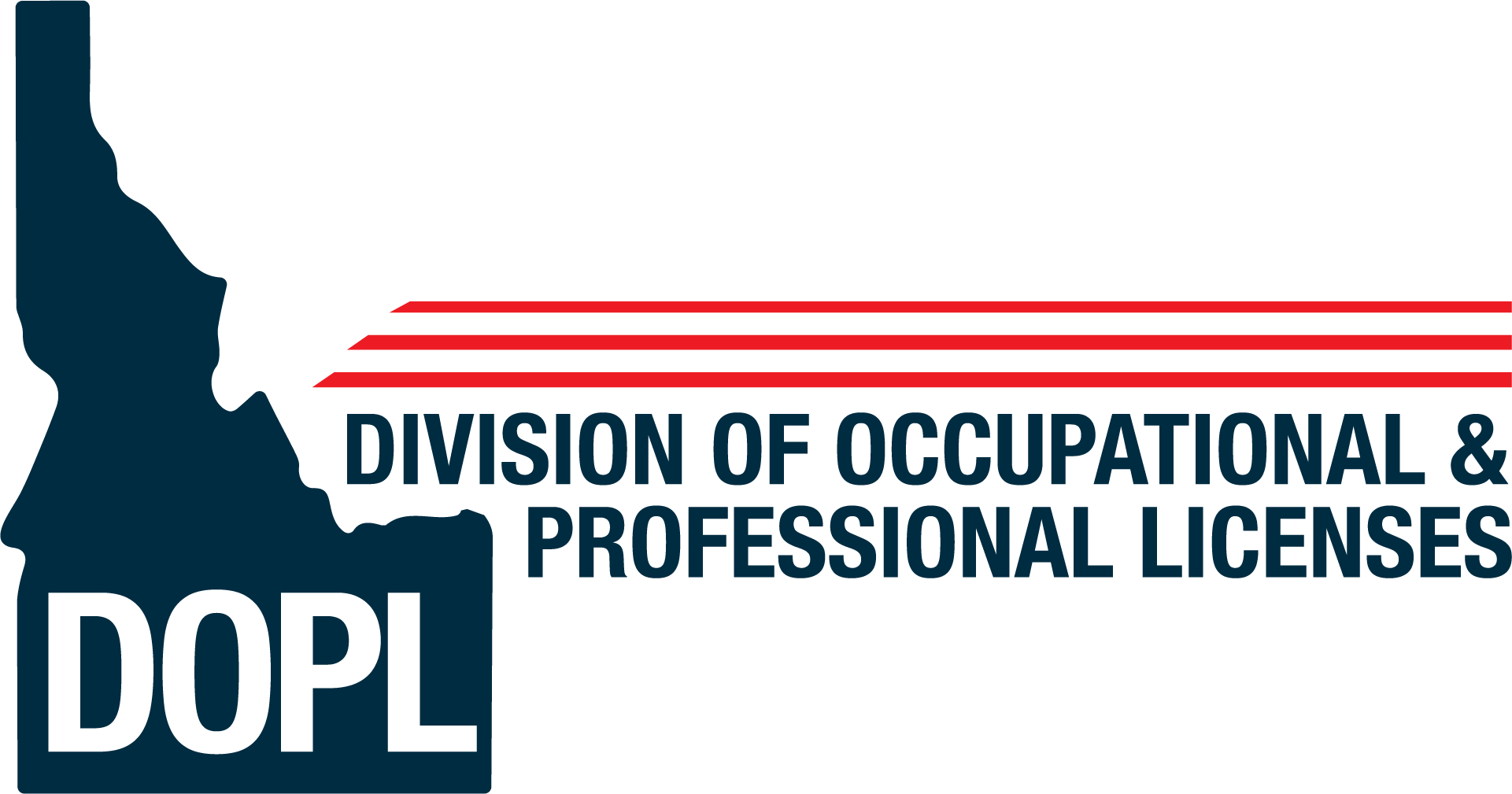What does a regulatory Board do?
Boards are the regulatory bodies for specific occupations and professions. The mandate of every board is to protect the health, safety, and welfare of the general public. Each Board member has been appointed to serve the interests of Idaho’s citizens.
While a majority of board members are licensed in the profession they regulate, most boards have at least one member of the general public who is not affiliated with the regulated profession.
A board should not see itself, or be viewed, as a “promoter” or “advocate” for the profession. Board responsibilities often include:
- Determining the minimum qualifications necessary to obtain a license or registration;
- Regulating the standards of conduct and scope of practice for the profession;
- Adopting and monitoring continuing education requirements;
- Reviewing complaints against licensees/registrants and taking appropriate disciplinary action against those who have violated the laws.
Depending upon their statutory authority, regulatory boards may take disciplinary action against a licensed/registered individual. That action may include suspension or revocation of the license/registration. Some boards have authority to order a licensed/registered individual serve a probationary period; obtain additional education; reimburse the cost of investigation and prosecution; and pay a fine.
All determinations made by a board must take place in a public setting and be in compliance with the Idaho open meeting laws.

